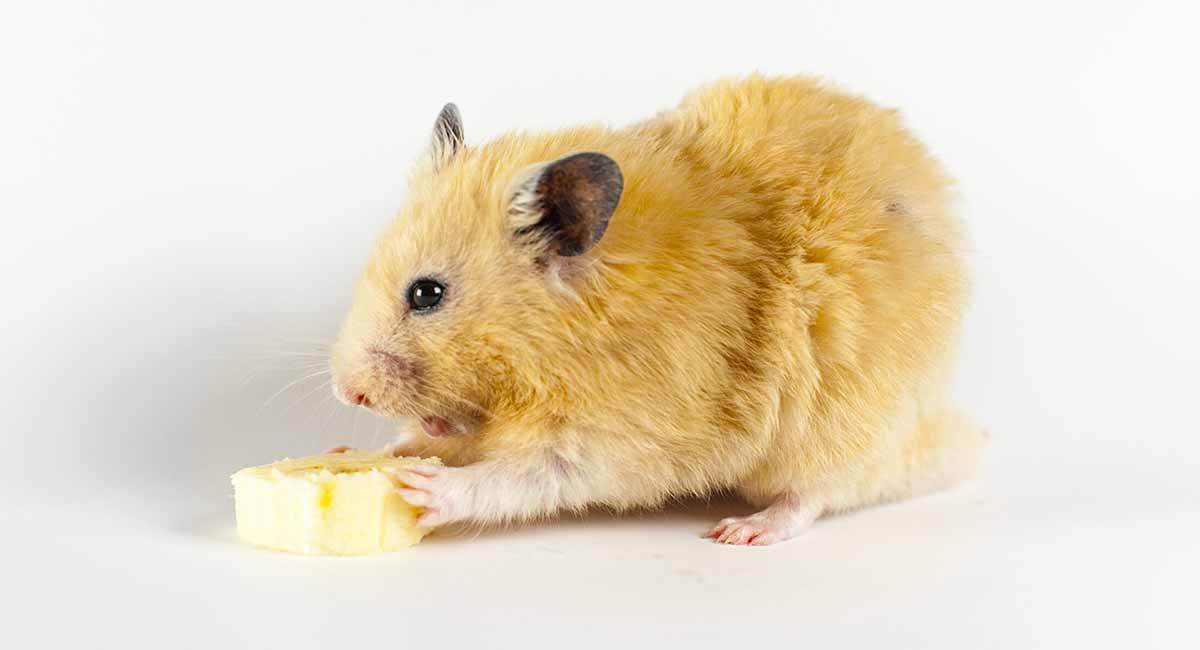Buttercups: Nature's Floral Treasures
Can Hamsters Consume Buttercups? Buttercups are a common sight in gardens and meadows, with their bright yellow blossoms. These delicate flowers are appealing, but how do they fare in terms of hamster nutrition?
What Is the Composition of Buttercups?
Buttercups are composed of a variety of plant compounds, such as alkaloids and other chemicals. These compounds are responsible for the plant's distinct characteristics.
Buttercup Nutritional Composition
Can Hamsters Consume Buttercups? Buttercups, unlike vegetables and fruits, are not known for their nutritional value. They are mostly composed of plant compounds and have little nutritional value for animals.
Can Hamsters Consume Buttercups?
Buttercups should not be eaten by hamsters. Buttercups contain compounds that are toxic to hamsters and may have negative health consequences. It's best to avoid giving buttercups to your pet entirely.
Why Aren't Hamsters Allowed to Eat Buttercups?
Can Hamsters Consume Buttercups? Buttercups contain substances that are toxic to animals, including hamsters, such as ranunculin and protoanemonin. When these compounds are consumed, they can cause irritation and digestive problems.
The Advantages of Feeding Buttercups to Hamsters
Buttercups have no nutritional value for hamsters. In fact, feeding buttercups to hamsters is not recommended and should be avoided due to their potential toxicity.
The Dangers of Feeding Buttercups to Hamsters
Buttercups can be dangerous to hamsters for several reasons:
Toxicity: Buttercups contain compounds that are toxic to hamsters and may cause health problems.
Digestive Distress: Buttercup consumption can cause digestive upset and discomfort in hamsters.
Physical Health Impact: Buttercup consumption can have a negative impact on a hamster's overall physical health and well-being.
What if Hamsters Consume Too Many Buttercups?
Even a small amount of buttercups can cause digestive problems and potential toxicity. If you suspect your hamster has eaten buttercups, keep an eye on their behavior and seek veterinary help if necessary.
Buttercup Poisoning Symptoms in Hamsters
Buttercup poisoning in hamsters may manifest as follows:
Diarrhea, vomiting, or changes in bowel movements are examples of digestive upset.
Lethargy is characterized by a decrease in activity and energy.
Irritation: Symptoms of irritation in the mouth and gastrointestinal tract.
How Many Buttercups Can a Hamster Eat?
Can Hamsters Consume Buttercups? Buttercups should never be fed to hamsters because they can be toxic and harmful to their health. It is critical to ensure that your hamster's diet only contains safe and appropriate foods.
Supplements and Alternatives
While buttercups are out, there are plenty of safe and nutritious alternatives for hamster treats, each with its own set of advantages:
Carrots are high in vitamins and beta-carotene, which help with overall health.
Apples (without seeds): High in vitamins and fiber, but low in sugar.
Cucumbers: Their high water content promotes hydration.
Peas provide protein and fiber in small amounts.
Mealworms: Provide protein and texture variety.


إرسال تعليق